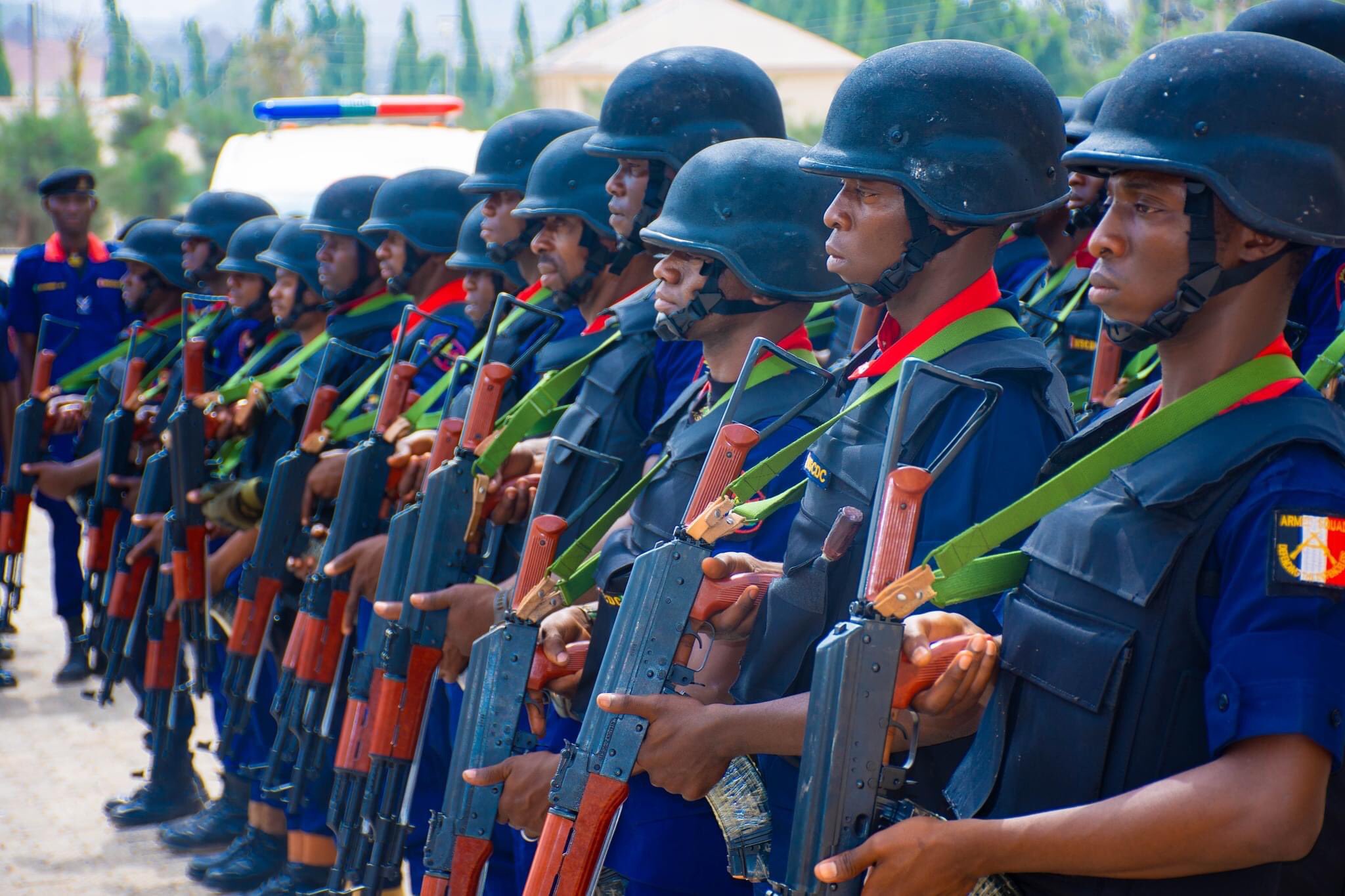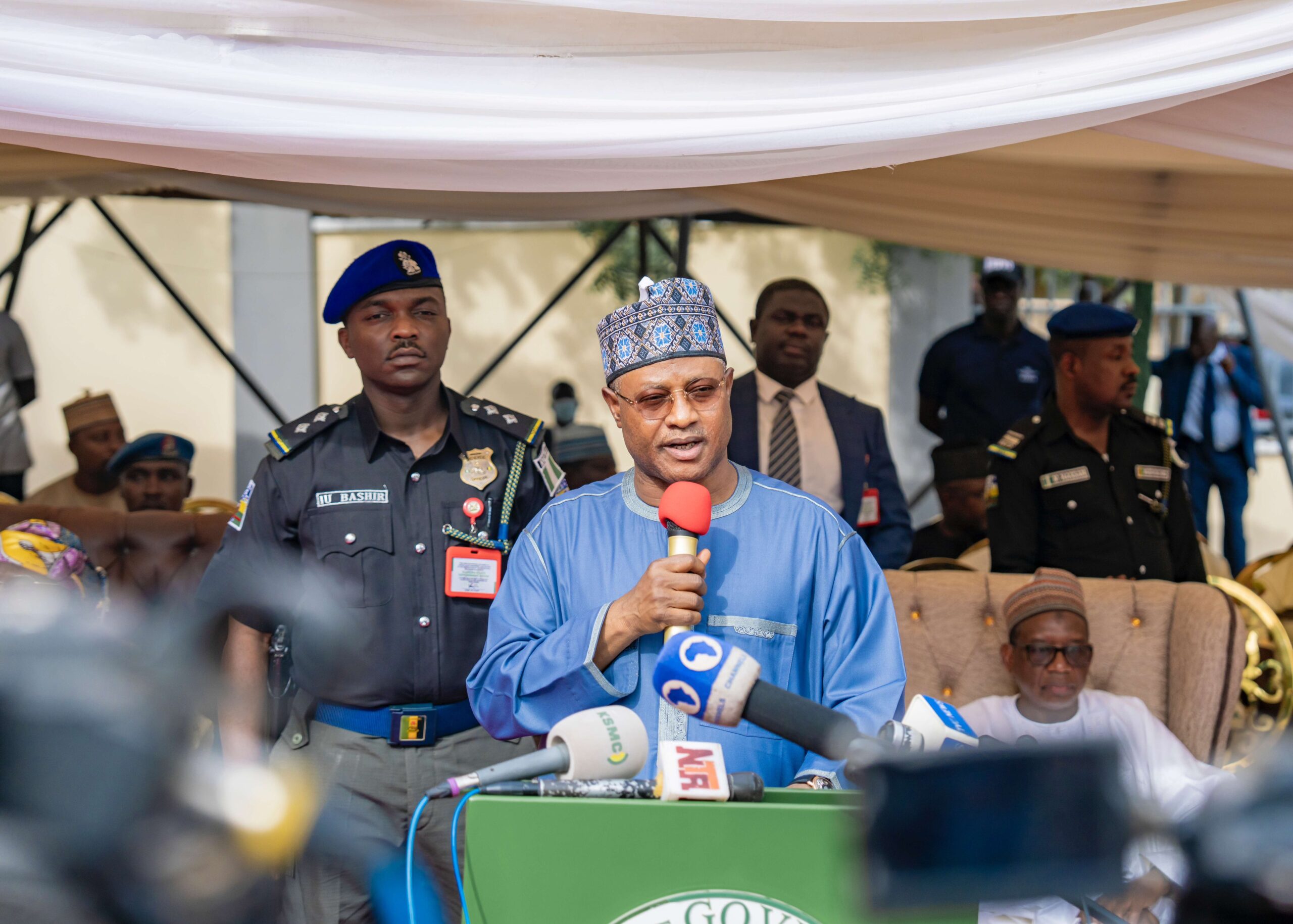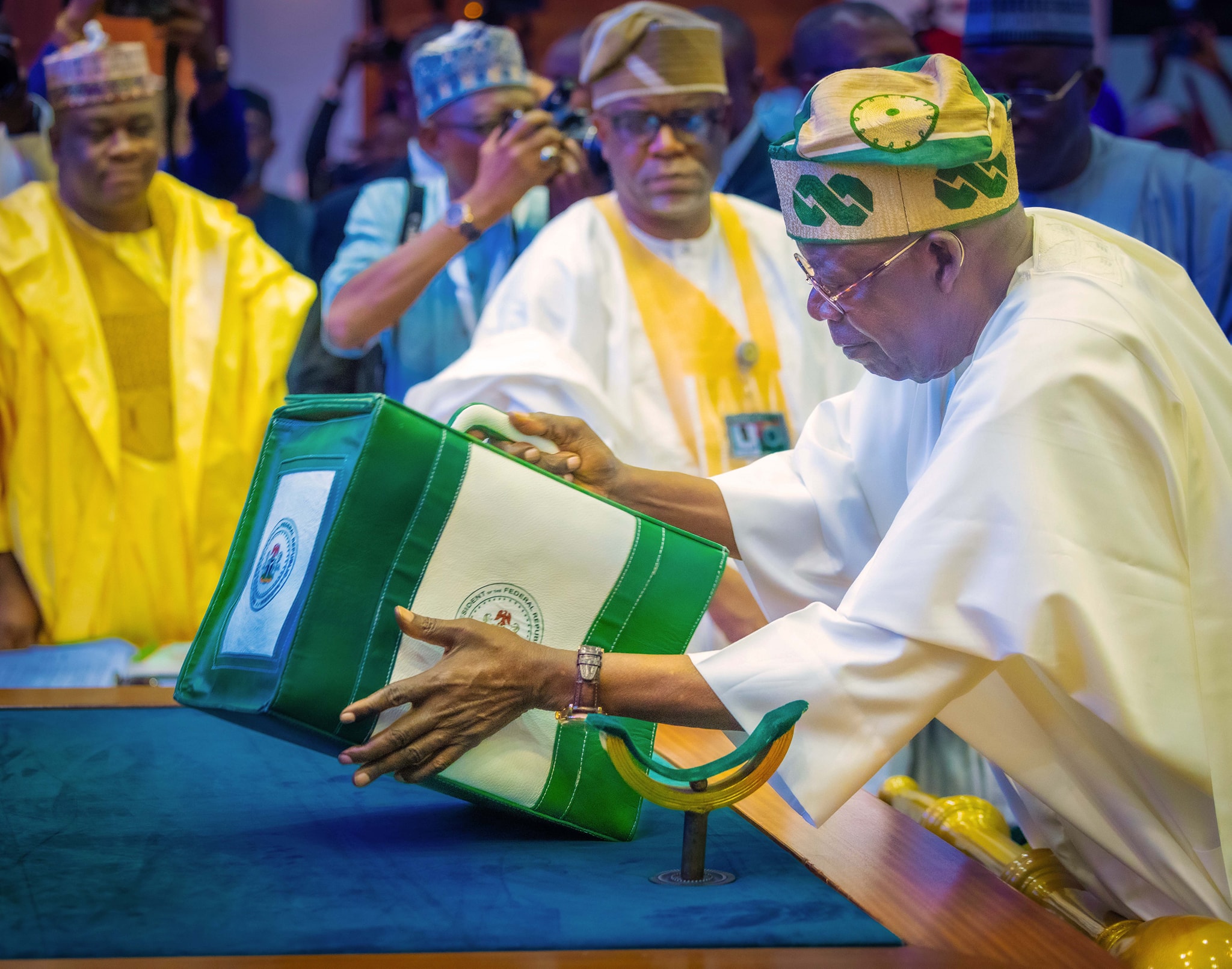BY ABDULLAHI HARUNA
Nigeria, a nation emerging from the shadows of historical crises and challenges, has made significant strides toward stability and progress. The country has endured human-induced crises comparable to the natural catastrophes faced by other nations.
However, the disasters that have not defeated us have only served to make us stronger. Amidst the spectrum of enduring statehood and nationhood, the role of the Nigeria Security and Civil Defence Corps (NSCDC) stands tall as it has contributed in no little measure to stabilize the security architecture. From its inception as a relatively young security agency, the NSCDC has become an indispensable component of Nigeria’s national security infrastructure.
Established in 2005, the NSCDC was created to address the multifaceted security needs of Nigeria. The agency’s inception was driven by the increasing necessity for a specialized body that could complement existing security forces and focus on protecting lives and property, particularly in non-military contexts. The NSCDC was envisioned as a force with a unique mandate that blends security operations with civil duties, setting it apart from traditional law enforcement agencies.
The NSCDC’s core mandate is protection of Critical National Assets and Infrastructure, Anti Vandalism, Regulation of Private Guards Companies. Disaster Management added to the general duty of protecting lives and property under the principles of humanity and justice. Unlike conventional military and police forces, the NSCDC integrates elements of civil diplomacy into its operations. This dual role of enforcement and mediation allows the corps to address security issues through both proactive measures and conflict resolution. The influence of the International Civil Defence Organization, headquartered in Zurich, Switzerland, is evident in the NSCDC’s approach, emphasizing the importance of combining force with civil engagement.
Advertisement
Since its establishment, the NSCDC, while carrying out its important mandate, has faced numerous challenges, including logistical constraints, public scepticism, and internal rivalries. Despite these hurdles, the corps has demonstrated resilience and adaptability. The NSCDC has undergone significant evolution, marked by leadership changes and strategic adjustments that have enhanced its operational effectiveness. It remains a crucial element of the nation’s security infrastructure, consistently addressing the needs and concerns of Nigerians. As a result, it continues to evolve in line with the socio-political realities of the time, strengthening and expanding its mandate accordingly.
One notable development was the introduction of the corps’ power to prosecute and the formation of an armed squad. These changes have empowered the NSCDC to tackle a broader range of security issues and established specialized units such as the Anti-vandal Unit, which focuses on combating theft and vandalism of critical infrastructure; the Critical Infrastructure and National Asset Protection unit, dedicated to safeguarding vital national resources; Agro Rangers, tasked with protecting agricultural activities from criminal activities; Special Intelligence Squad responsible for detective and Intelligence based Operations; Mining Marshals, addressing illegal mining and its associated threats; VIP Protection, ensuring the safety of high-profile individuals; Private Guard Company (PGC) responsible for Training and Regulations of Private Guards outfits and Emergency and Rescue, responding to crises and disasters. These units have allowed the NSCDC to build substantial capacity and expertise, preparing its personnel for complex security scenarios through rigorous training and drills.
The NSCDC’s role extends beyond traditional law enforcement; it acts as a bridge between the government and the people, providing a unique form of support that enhances overall national security. The corps’ ability to operate across various sectors—ranging from infrastructure protection to emergency response—demonstrates its versatility and importance. Recent threats, such as banditry in rural areas, crude oil theft, illegal bunkering, and illegal mining, have underscored the necessity of the NSCDC’s specialized capabilities. The corps has proven its effectiveness in addressing these issues, often leading operations that involve intricate coordination and resource management.
Advertisement
The effectiveness of the NSCDC is amplified by its collaboration with other security agencies and stakeholders. The corps operates within a broader security framework that includes military forces, police, and local security groups. This collaborative approach ensures a comprehensive and unified response to national security challenges. However, the NSCDC’s role is particularly distinctive due to its focus on civil protection and its unique operational mandate. This unique role was particularly accentuated during the recent nationwide protests, where NSCDC personnel demonstrated exceptional courage and professionalism. They employed alternative strategies to force and coercion, unlike other security agencies, which relied on more traditional methods.
As Nigeria continues its journey toward economic recovery and stability, the role of the NSCDC will remain crucial. To enhance its effectiveness, there is a pressing need for increased funding and modernization. Investments in advanced technologies such as aerial drones and surveillance systems will improve the corps’ capacity to address security challenges, particularly in remote and difficult-to-reach areas.
The NSCDC’s evolution reflects its growing significance as a national security asset. By securing critical infrastructure, protecting citizens, and providing a versatile range of services, the corps has cemented its status as a critical national security resort. As Nigeria faces new challenges, the NSCDC’s continued growth and effectiveness will be essential in ensuring the country’s safety and stability.
Haruna is a social commentator and author
Advertisement
Views expressed by contributors are strictly personal and not of TheCable.
Add a comment








